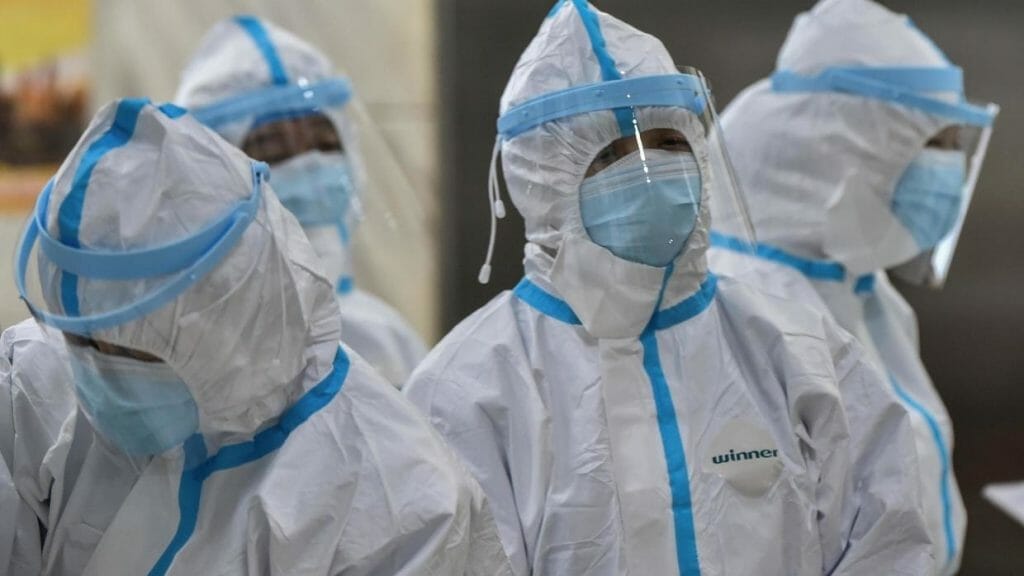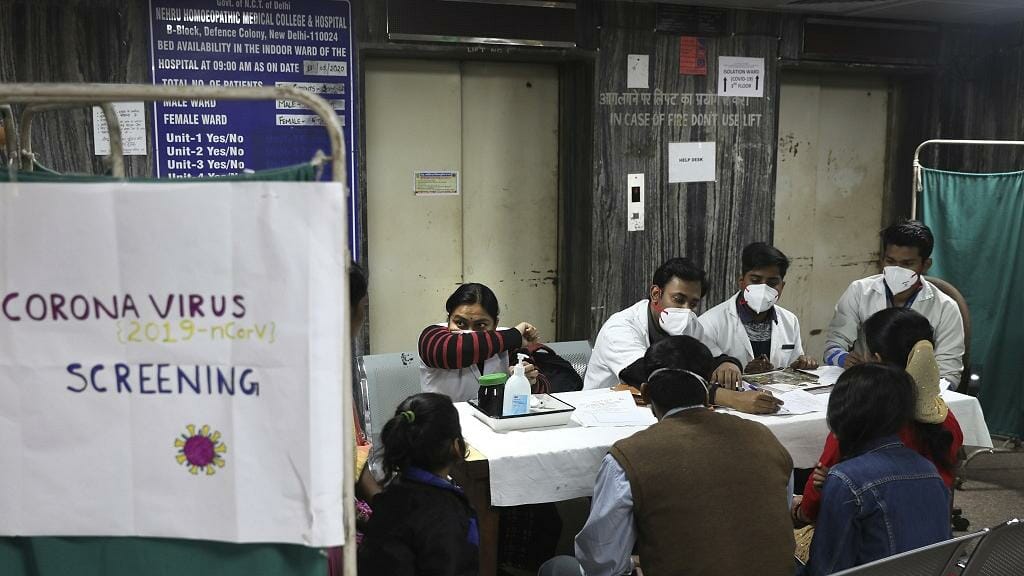Sub-Saharan Africa prepares for coronavirus crisis possibly worsening

BY JUSTIN BEAUGARS SOUZA
[Johannesburg, South Africa—The African] Sub-Saharan Africa, the only region of the world that has so far been largely spared by the coronavirus outbreak, is bracing for the crisis potentially worsening.
Since the outbreak late last year in China of the coronavirus epidemic, which quickly spread throughout the world and was declared just this week by the World Health Organization (WHO) a pandemic, more than 130,000 people have been infected throughout the world, of whom more than 5,000 have died. The death toll so far in the United States today, Friday, is 41, with at least 2,033 cases, forcing Donald Trump—who initially called the outbreak “a hoax”—to declare a state of emergency.
In the face of a pandemic that has forced a country like Italy to be totally shut down, while others are under partial lockdown, Sub-Saharan Africa shows the lowest rates of infection in the world, despite its strong ties to the rest of the world. According to WHO sources, only 170 cases have been reported in Africa so far, with so far only two deaths reported. [These numbers could grow anytime, even today.]
African governments, however, are not resting on their laurels, as doctors and medical authorities warn the disease will inevitably spiral out of control.
In Nigeria, after declaring an Italian subject who flew to the country on a Turkish airline free to rejoin society after the necessary quarantine, Nigerian health minister, Osagie Ohanire, stated a few days ago:
“The WHO has now declared COVID-19 as a pandemic. This is a call for action for increased resources to quickly detect and control this outbreak. It is not a time for fear and panic. We are investing resources to strengthen Nigeria’s response.”
Soon after South Africa recorded its first case a week ago, the country’s president, Cyril Ramaphosa, warned it could turn into a “national crisis.” For his part, Kenya’s minister of tourism, Najib Balala, stated: “We are going to be hit badly.” Looking beyond the looming expansion of the outbreak, the minister has set aside the equivalent of $4.9 million for a post-coronavirus marketing campaign.

Nearly all African countries have put in place measures to avert the spread of the disease, starting with strict screening at points of entry, especially at airports. (One may worry that endemic corruption at land points of entry such as the Ghana-Togo and Togo-Benin borders where, routinely, people without travel documents or vaccination cards pay their way in with bribes as little as a dollar or two, may defeat the plan.)
In Rwanda, bus riders are now required to wash their hands in washing basins placed on street sides with water, soap and sanitizer prior to boarding. Several African airlines, so far with the notable exception of Ethiopian Airlines, have canceled scheduled flights to China.
Not unlike in the United States, conferences, sporting events and concerts are increasingly being suspended to halt the spread of the killer virus. In Kenya, authorities have banned large public gatherings, and stopped Kenya Airlines from flying to Rome, capital of the so-far most affected country in Europe; just as Gabon has denied access to travelers from China, Italy and South Korea. Authorities in Gabon have also announced temporary school closings.
Clearly, Sub-Saharan governments are showing no complacency in the face of the relatively low impact of CODIV-19 in the region so far. Instead, they are bracing for the worst.
The World Health Organization and the African Union’s Centers for Disease Control have so far trained health workers and equipped more than 40 laboratories to test for the virus. Health authorities and medical professionals are expected to benefit from the experience of the 2014-2016 Ebola epidemic that claimed some 11,300 lives.
But there are reasons to worry in the event of a large-scale outbreak of CODIV-19.
Speaking to the French news agency, Agence France Presse, Zimbabwean doctor Norman Matara lamented that “The system itself is overstretched and inadequate to deal with a coronavirus epidemic.” Pointing to the fact that there are only eight functioning intensive care and two isolation units in the whole of Zimbabwe, he said: “In the event of an epidemic, these are not enough to cater for all the country’s ten provinces.”
Zimbabwe is not alone in this regard.

